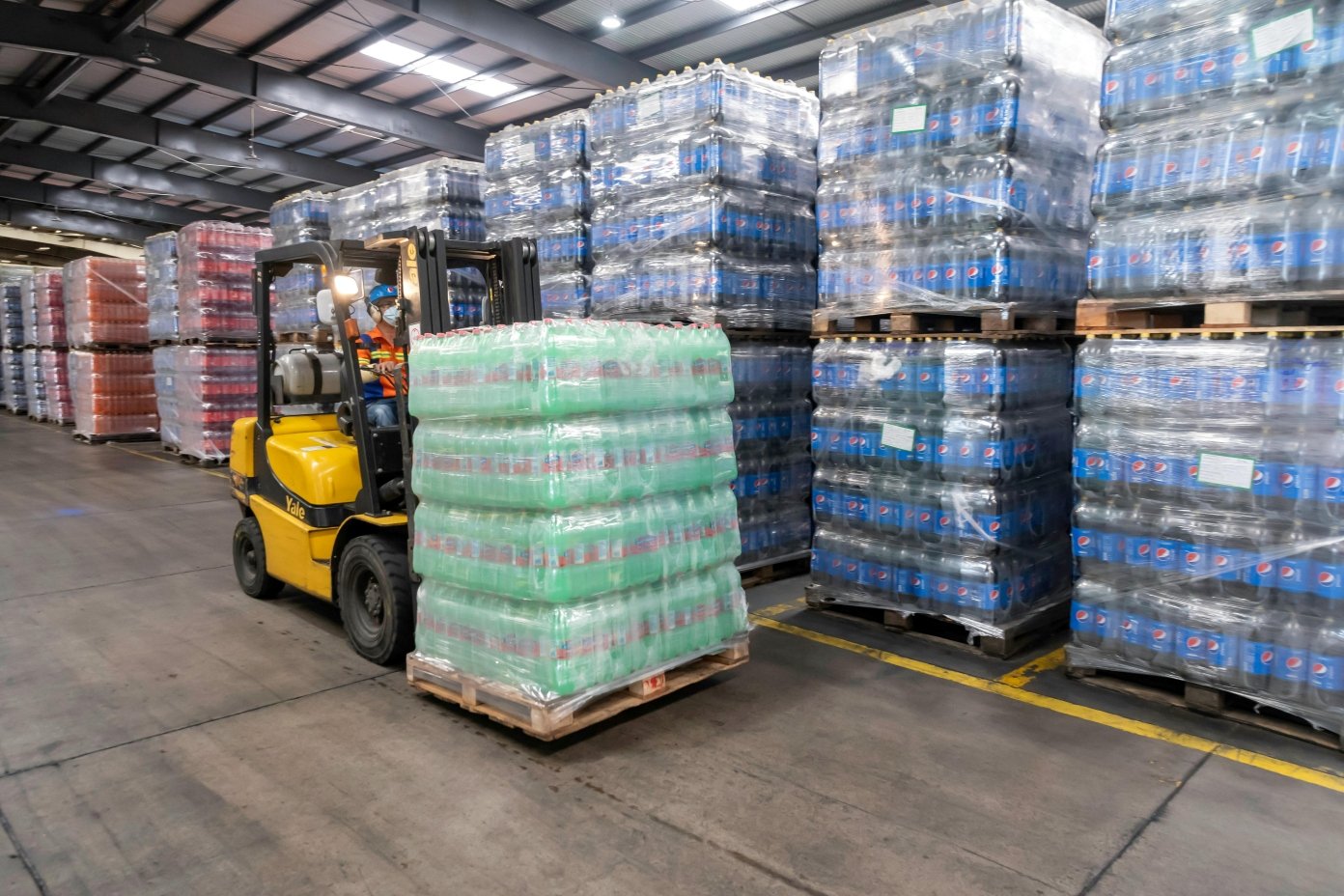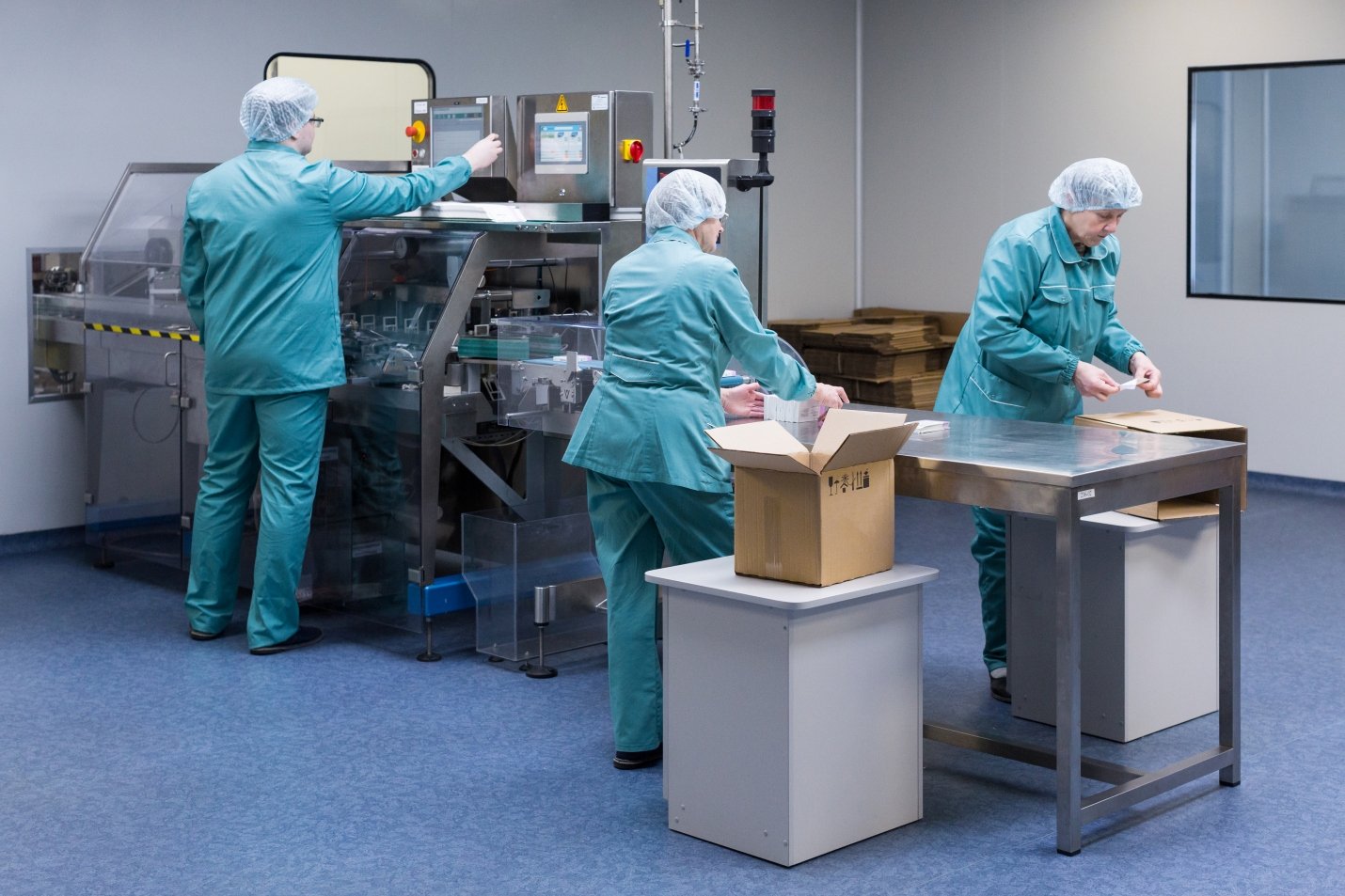Why Should Packaging Companies Consider ISO 22000 Certification?
In today’s competitive food and beverage industry, packaging is no longer just about appearance — it’s about safety, compliance, and trust. As supply chains become more global and regulations more demanding, packaging companies are now being held accountable for food safety risks within their operations.
That’s where ISO 22000 certification comes in. While traditionally seen as a food manufacturing standard, ISO 22000 is increasingly relevant for food packaging manufacturers, ensuring that materials and processes support food safety objectives across the supply chain.

1. Demonstrates Commitment to Food Safety
-
ISO 22000 shows customers that your packaging materials won’t contaminate or compromise food safety.
-
Builds confidence among food processors and global retailers.
-
Aligns your brand with internationally recognized safety practices.
-
Strengthens your reputation as a reliable supplier in the food chain.
2. Helps Meet Customer and Regulatory Requirements
-
Many food manufacturers now require certified packaging suppliers to ensure compliance.
-
Reduces the need for repetitive audits from clients.
-
Supports compliance with EU, FDA, and local Malaysian food contact material regulations.
-
Ensures your products can be exported to international markets without issues.
3. Integrates Risk Management into Daily Operations
-
ISO 22000 introduces risk-based control systems similar to HACCP.
-
Identifies contamination risks (chemical, physical, microbiological) early.
-
Encourages preventive actions instead of reactive corrections.
-
Reduces waste, rework, and recall risks.
4. Supports Traceability Across the Supply Chain
-
Packaging is a critical link in the “farm to fork” traceability chain.
-
ISO 22000 requires full batch tracking of raw materials, inks, and coatings.
-
Enables faster product recall responses if issues occur.
-
Increases transparency with food producers and regulators.
5. Improves Internal Efficiency and Consistency
-
Standardizes production and hygiene practices within your facility.
-
Reduces human errors through proper documentation and monitoring.
-
Improves employee awareness and accountability.
-
Streamlines communication between quality, production, and logistics teams.
6. Boosts Market Access and Competitiveness
-
ISO 22000 certification is recognized globally across the food supply chain.
-
Opens doors to partnerships with multinational food brands and contract manufacturers.
-
Enhances your eligibility for long-term contracts.
-
Differentiates your packaging company from uncertified competitors.
7. Supports Integration with Other Standards
-
Easily integrates with:
-
ISO 9001 (Quality Management)
-
ISO 14001 (Environmental Management)
-
FSSC 22000 (Food Safety System Certification)
-
-
Allows a unified management system for safety, quality, and sustainability.
-
Reduces audit fatigue and operational redundancy.
8. Enhances Sustainability and Waste Control
-
ISO 22000 encourages cleaner, more controlled production environments.
-
Reduces product losses due to contamination or spoilage.
-
Aligns with sustainability goals and eco-friendly packaging trends.
-
Demonstrates corporate responsibility toward environmental and food safety impact.
Final Thoughts
For packaging manufacturers, ISO 22000 certification isn’t just a compliance tool — it’s a strategic business advantage. It enhances your credibility, ensures consistent quality, and opens the door to partnerships with top-tier food companies worldwide.
👉 At CAYS Scientific, we help packaging companies design, implement, and maintain ISO 22000-compliant systems that strengthen food safety assurance and market trust.



